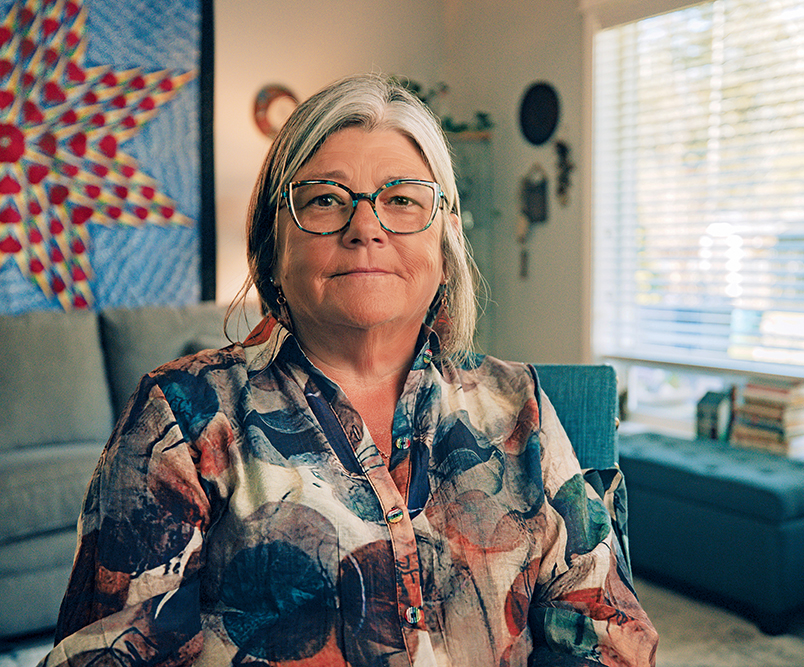
The year was 1991. Shannon McDonald [BA/94, MD/98] was working as a cashier at a Winnipeg grocery store when she made the life-changing decision to pursue a degree in medicine.
At 33 years old, the Red River Métis woman with three small children knew she was taking on a major challenge.
“I needed a good career to support my kids,” she remembers. “I was determined.”
This year, all the determination that McDonald has brought to improving Indigenous wellness was recognized with an Indspire Award – the highest national honour in the Indigenous community.
From the beginning, she had a passion for serving communities. “Community, population and public health are the core to good health and wellness,” she says.
McDonald, who grew up in Winnipeg, entered UM through the Access Program, which provides Indigenous students with academic, personal and cultural supports that she found invaluable.
After completing her bachelor of arts, she became one of five Indigenous students in her UM medical school class. The five were “adopted” by the team at the Northern Medical Unit (now Ongomiizwin – Health Services).
“They gave us a place to study and created opportunities for us to gain experiences and build community. That really set me on the path to work in Indigenous health,” McDonald says.
“I finished medical school through all the challenges, including the overt racism in the health-care system.”
That Indigenous-specific racism must be confronted, she says.
“How do you treat that scared mom with a sick child at Children’s Emergency in the middle of the night? Is there shaming and blaming? Are there assumptions that they’re using drugs and alcohol, or that there’s an abusive situation going on?
“We have a responsibility to call it out for what it is, and work to make change.”
After completing her medical degree in 1998, McDonald did postgraduate training in community medicine and psychiatry.
Now retired in Victoria, she spent most of her career in British Columbia, attaining leadership positions such as executive director of Aboriginal health at the B.C. Ministry of Health and chief medical officer at the province’s First Nations Health Authority.
Her work ranged from advancing anti-racism in health care to addressing the opioid crisis in First Nations communities.
“As an Indigenous woman, I could connect with people who wanted traditional medicines, or wanted an Elder to visit, or just wanted somebody who understood what was going on with them,” she says.
“Indigenous health and wellness are about relationship and respect. It’s about working together with common goals. That’s how we worked on developing the First Nations Health Authority in B.C. – through one meeting at a time, one insight at a time, finding barriers and ways to move over or around them, or to create new pathways without barriers.”
Better Indigenous health care starts with compassion, McDonald says.
“As health professionals, we have a responsibility to welcome people with care and consideration.
“Transformative change needs to happen at a political level, but it also needs to happen at the bedside. We need to get past the fear and ignorance and just care about people.”
Read more about the Indspire Awards: https://indspire.ca/events/indspire-awards/.
BY DANICA HIDALGO CHEREWYK
